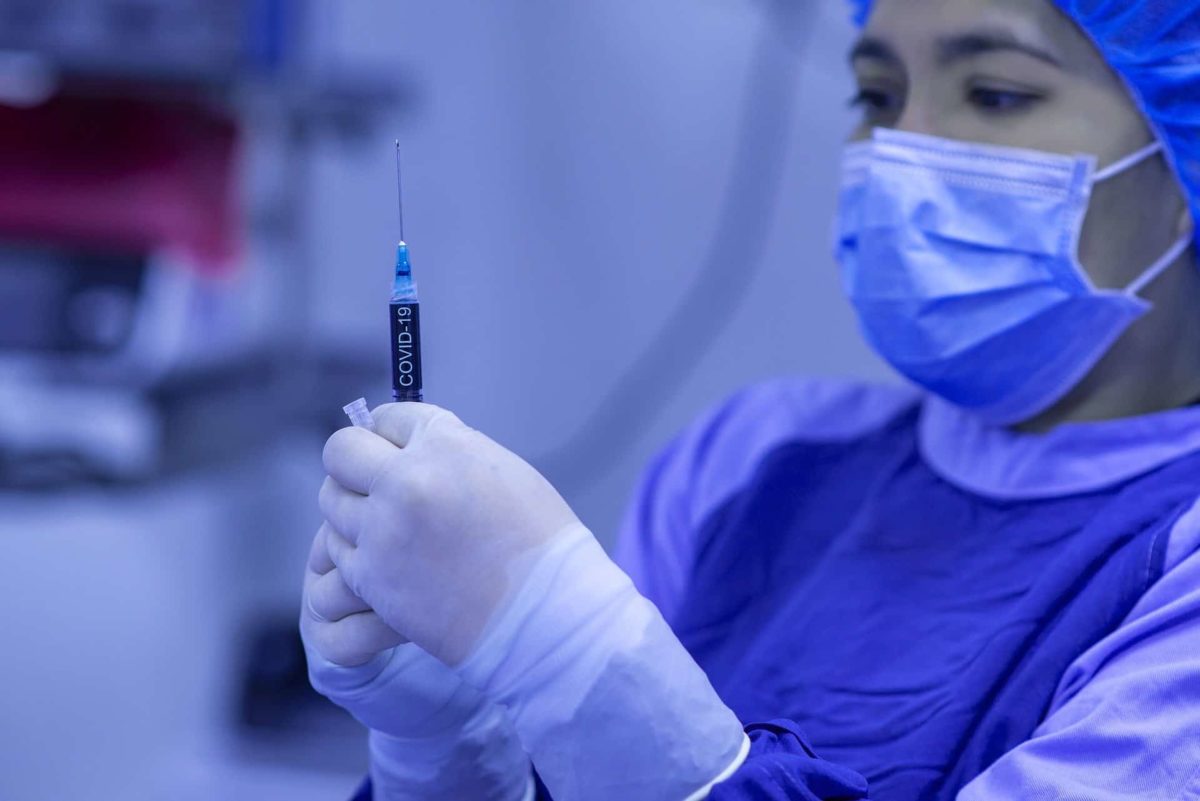The Health Ministry on Tuesday authorized the use of the Pfizer-BioNTech coronavirus vaccine in Costa Rica based on the emergency use authorization issued by the United States Food and Drug Administration (FDA).
The Directorate for the Regulation of Healthcare Products (DRPIS), part of the Health Ministry, says it reviewed information provided by the FDA, Pfizer and BioNTech to confirm “the product offered corresponds in every sense to the product approved by FDA, … as well as a certificate of good manufacturing practices.”
The National Emergency Commission (CNE) has already purchased ultra-cold freezers, which will be necessary during distribution of the Pfizer-BioNTech vaccine.
However, there is still no date for the arrival in Costa Rica of the first doses of the drug, and the country has not revealed detailed plans for who will receive the vaccine first.
“Tentatively, the vaccination campaign against COVID-19 in our country would be carried out in the first quarter of 2021,” the Health Ministry said.
Costa Rica and Pfizer-BioNTech have an agreement for 3 million doses of the vaccine, enough for 1.5 million people. The Central American country also has a deal with AstraZeneca and is a member of the COVAX facility.
Costa Rica hopes to vaccinate 3 million people by the end of 2021.
How the vaccine works
The Pfizer-BioNTech drug is based on technology that uses a synthetic version of a molecule called messenger RNA (mRNA) to hack into human cells and effectively turn them into vaccine-making factories.
The vaccine — like the candidate from Moderna — is delivered in two doses. The second dose should come three weeks after the first and is meant to provoke stronger and longer-lasting immunity.
Its trial involved 40,000 volunteers and suggested the vaccine provokes only mild side effects.
Some 80% of those vaccinated felt pain at the injection site. Many also felt fatigue, headache and muscle-pain and some had temporarily swollen lymph nodes. These side effects were more frequent and intense for young people.
Severe side effects the vaccine have so far been extremely rare.






